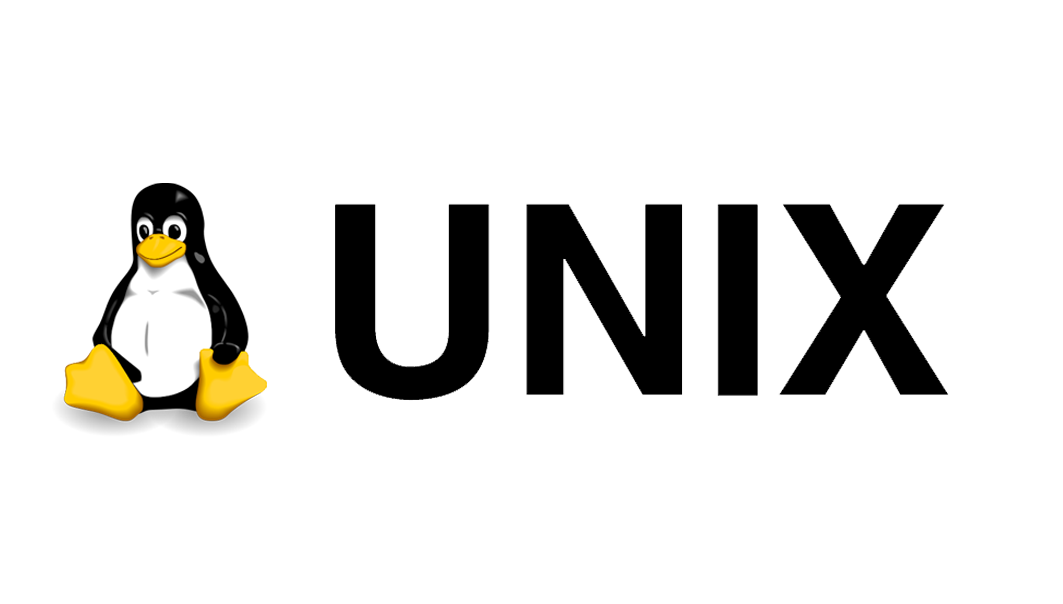Linux and Unix Operating Systems
In today's computer world, there are numerous operating systems available. However, especially among professional users, Linux and Unix operating systems stand out as highly popular choices. In this article, we will compare the key features of Linux and Unix, providing insights into the advantages and disadvantages of both operating systems.
1. History and Origins:
Linux, developed by Linus Torvalds in 1991, is an open-source operating system. Unix, on the other hand, was developed at Bell Labs in the late 1960s and evolved into a commercial operating system. While Linux provides a Unix-like environment, it is not a direct derivative of Unix.
2. Licensing Model:
Linux is typically distributed under open-source licenses like the General Public License (GPL), allowing users to access and modify the source code. Unix, on the other hand, usually operates under commercial licensing models, and its source code is often closed.
3. Kernel and Distributions:
Linux comprises the essential operating system component known as the "kernel" and is distributed through various distributions such as Ubuntu, Fedora, and Debian. Unix, being commercially sold, does not have different distributions in the same manner. 4. User Interface:
4. User Interface:
Linux often supports various desktop environments (e.g., GNOME, KDE, Xfce) and command-line interfaces. Unix, typically command-line focused, lacks a graphical desktop environment.
5. Community and Support:
Linux boasts a large and active open-source community. Users can access extensive support through forums, blogs, and documentation. Unix generally has a more limited community and support network, as it is primarily used in commercial environments.
Linux: A Freedom-Driven Operating System
Origins and Creator:
Linux, an open-source operating system rooted in the Unix kernel, emerged from the hands of Linus Torvalds, a Finnish student, in 1991. Torvalds envisioned a free and enhanced Unix version for his personal computer, prompting him to release Linux's source code on the internet. He welcomed fellow programmers to collaborate in its development and enhancement.
Community Growth:
Since its inception, Linux has flourished into an expansive and diverse community of developers and users. This community actively contributes to various Linux distributions, including but not limited to Ubuntu, Fedora, Mint, Debian, and numerous others.
Appeal to Tech Enthusiasts:
Linux has become a favorite among tech enthusiasts, programmers, hackers, and individuals who value freedom and customization. Its versatility extends to servers, supercomputers, embedded devices, and smartphones. Remarkably, Linux adapts to a wide range of hardware, from a humble Raspberry Pi to a sophisticated NASA rover.
Versatility and Stability:
Linux stands out for its stability, security, and performance. It boasts a rare resilience against crashes, virus infections, and gradual slowdowns over time. This reliability has made Linux a go-to choice for those who prioritize a dependable computing experience.
In essence, Linux is more than an operating system; it represents a collaborative effort towards technological freedom and excellence.
Understanding Unix: Paving the Way for Modern Operating Systems
Origins and Development:
Unix, an earlier operating system, traces its roots back to the 1970s when it was crafted by AT&T Bell Labs. The primary objective behind Unix's creation was to establish a portable, multi-user, and multi-tasking system capable of running on diverse machine architectures.
Innovations in Design:
Unix pioneered several groundbreaking features, setting a precedent for future operating systems. Notably, it was the first to introduce a graphical user interface (GUI), a revolutionary concept at the time. The incorporation of GUI technology made interacting with computers more intuitive by introducing elements like mice and windows.
Versatility Across Machines:
One of Unix's key strengths lay in its ability to operate on different types of machines, showcasing its versatility. This adaptability contributed to Unix's widespread adoption and influence in shaping subsequent operating systems.
Impact on the Technological Landscape:
Unix's influence transcends its era, leaving an indelible mark on the landscape of operating systems. It has served as a precursor to, and directly influenced, contemporary platforms such as Linux, MacOS, and Windows. The principles and innovations introduced by Unix continue to shape the way we interact with computers today.
Conclusion:
Both Linux and Unix are robust operating systems that can be chosen based on user needs. Linux stands out, particularly with its open-source community and diverse distribution options, while Unix is more commonly used in commercial environments. Both systems offer reliable, secure, and high-performance operating environments.
In this article, we focused on the fundamental differences between Linux and Unix, but both operating systems are continually evolving. User needs and preferences will be decisive factors in choosing the most suitable operating system.






































